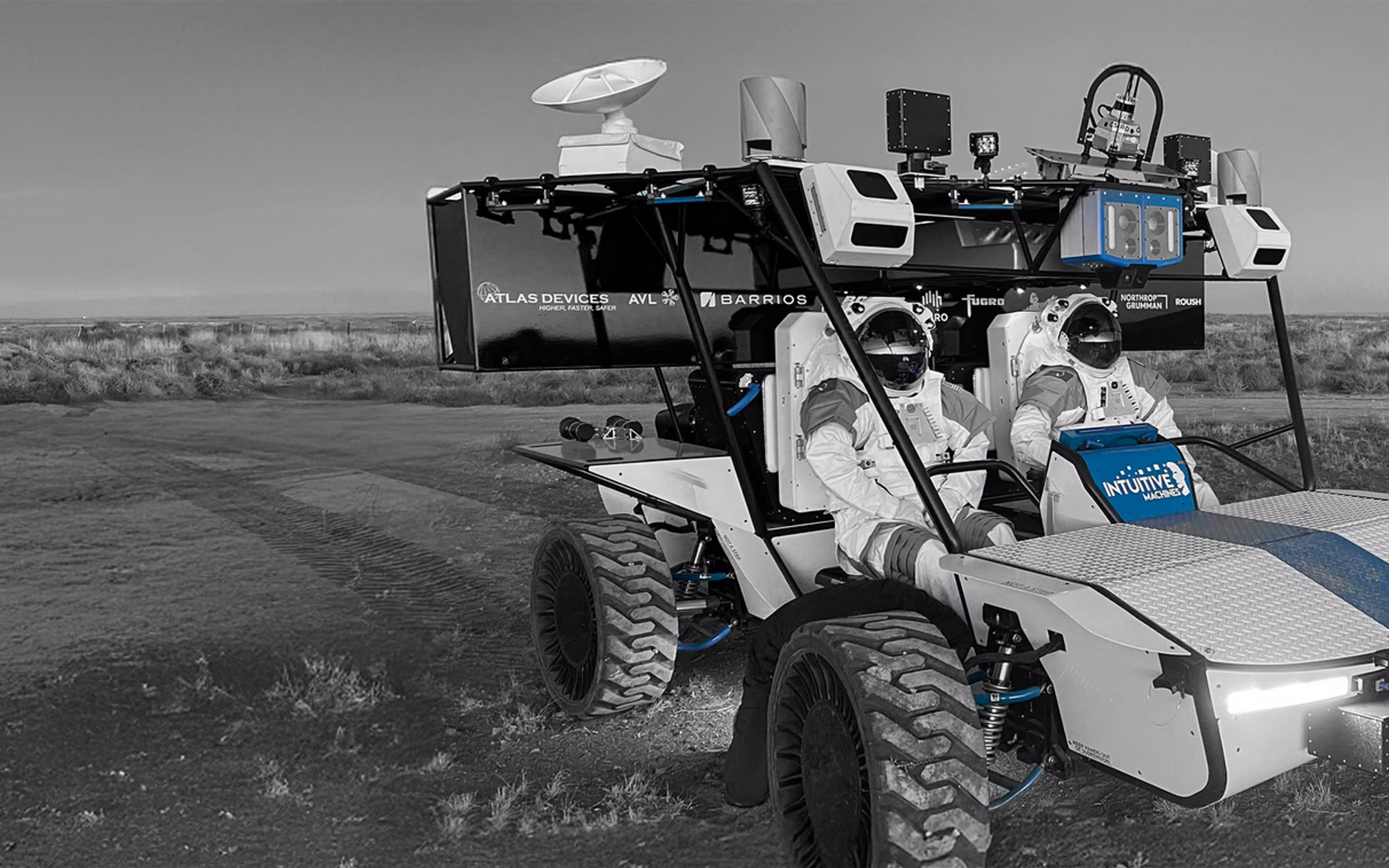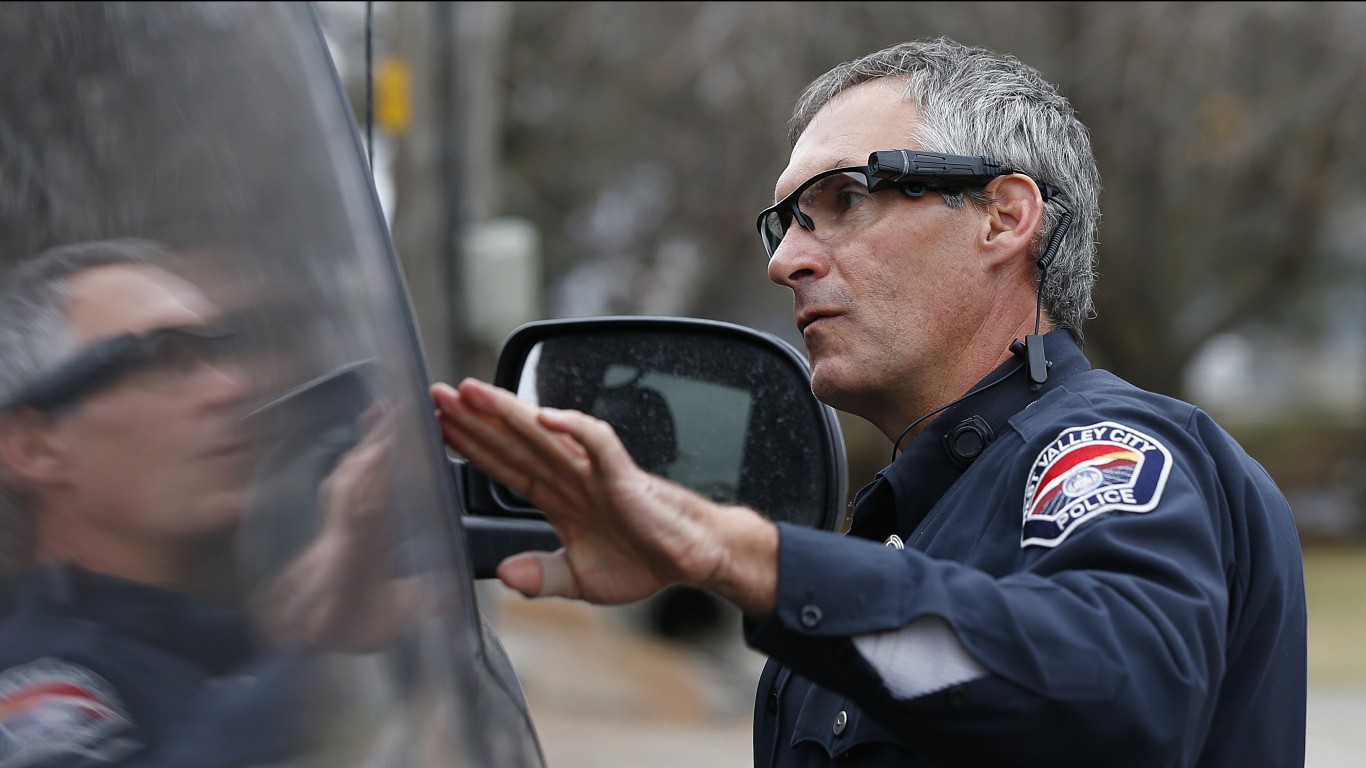 The US Treasury Department will be sending out 600,000 invitations to taxpayers who are unlikely to have a bank account offering them an opportunity to receive their tax refunds through a prepaid debit card. The offer will go to taxpayers whose annual income is less than $35,000.
The US Treasury Department will be sending out 600,000 invitations to taxpayers who are unlikely to have a bank account offering them an opportunity to receive their tax refunds through a prepaid debit card. The offer will go to taxpayers whose annual income is less than $35,000.
The Internal Revenue Service says that it costs just $0.10 to deposit funds directly to a prepaid card, whereas it costs $1 to issue a paper check. The IRS spends up to $40 million a year to issue paper checks. The coming mailing from the IRS is a pilot project, and is being undertaken at the same time that the agency plans to offer tens of thousands of payroll-card users the option of having their tax refunds issued directly to their existing payroll cards.
The IRS cards will be issued by Visa Inc. (NYSE: V) and Green Dot Corp. (NASDAQ: GDOT) through Bonneville Bank, with which Green Dot signed a definitive agreement to acquire in February 2010. If the pilot is a success, then Visa and Green Dot will have scored a major win. But what about consumers? Is this a good deal for them?
According to Bloomberg, the prepaid card is free, but there will be monthly fees and fees for using out-of-network ATMs. Other fees include a lost card fee, a cash withdrawal fee if the user goes inside the bank, a fee for an additional card, and a fee to add money to the card at a retail location.
Prepaid cards are all the rage now among banks that have been hit with stiff limits on traditional credit and debit cards. Fees for these cards have been severely limited.
That’s not the case with prepaid cards. Banks are free to charge whatever fees they want for the prepaid cards. AARP cites a study by Consumers Union, publishers of Consumer Reports magazine, of 19 prepaid cards, which “catalogued the ways that issuers nibble away at your money with fees.”
The prepaid card issuers choose to point out that these cards help consumers without bank accounts avoid the high interest rates and fees charged at check-cashing services, payday lenders, and pawn shops. In reality, though, the prepaid cards could take just as big a bite out of a user’s cash as any of these other services.
The prepaid cards could also be difficult for consumers to use and understand. Many taxpayers with income below $35,000 will be senior citizens who rely on Social Security checks and small pensions. If they have never used an ATM or a credit or debit card, the prepaid cards could be a bit confusing.
Protection against fraud is also a concern for the prepaid card users. A recent study by the Federal Reserve Bank of Kansas City notes that 41% of credit/debit card fraud is the result of lost and stolen cards. Prepaid cards do not carry the same loss limits as credit and debit cards. Whether a consumer is protected against fraudulent use of the card is determined by the issuing institution.
The IRS’s plan, which will certainly save the agency some money, could be launching before it’s ready. At the very least, loss limit protection should be required. One could also argue that the whole idea is lame, and that the government is once again choosing a winner — this time, banks over check-cashing businesses. There doesn’t appear to be much, if any, upside for Americans who get receive the offer for these cards.
Paul Ausick
Get Ready To Retire (Sponsored)
Start by taking a quick retirement quiz from SmartAsset that will match you with up to 3 financial advisors that serve your area and beyond in 5 minutes, or less.
Each advisor has been vetted by SmartAsset and is held to a fiduciary standard to act in your best interests.
Here’s how it works:
1. Answer SmartAsset advisor match quiz
2. Review your pre-screened matches at your leisure. Check out the advisors’ profiles.
3. Speak with advisors at no cost to you. Have an introductory call on the phone or introduction in person and choose whom to work with in the future
Thank you for reading! Have some feedback for us?
Contact the 24/7 Wall St. editorial team.





